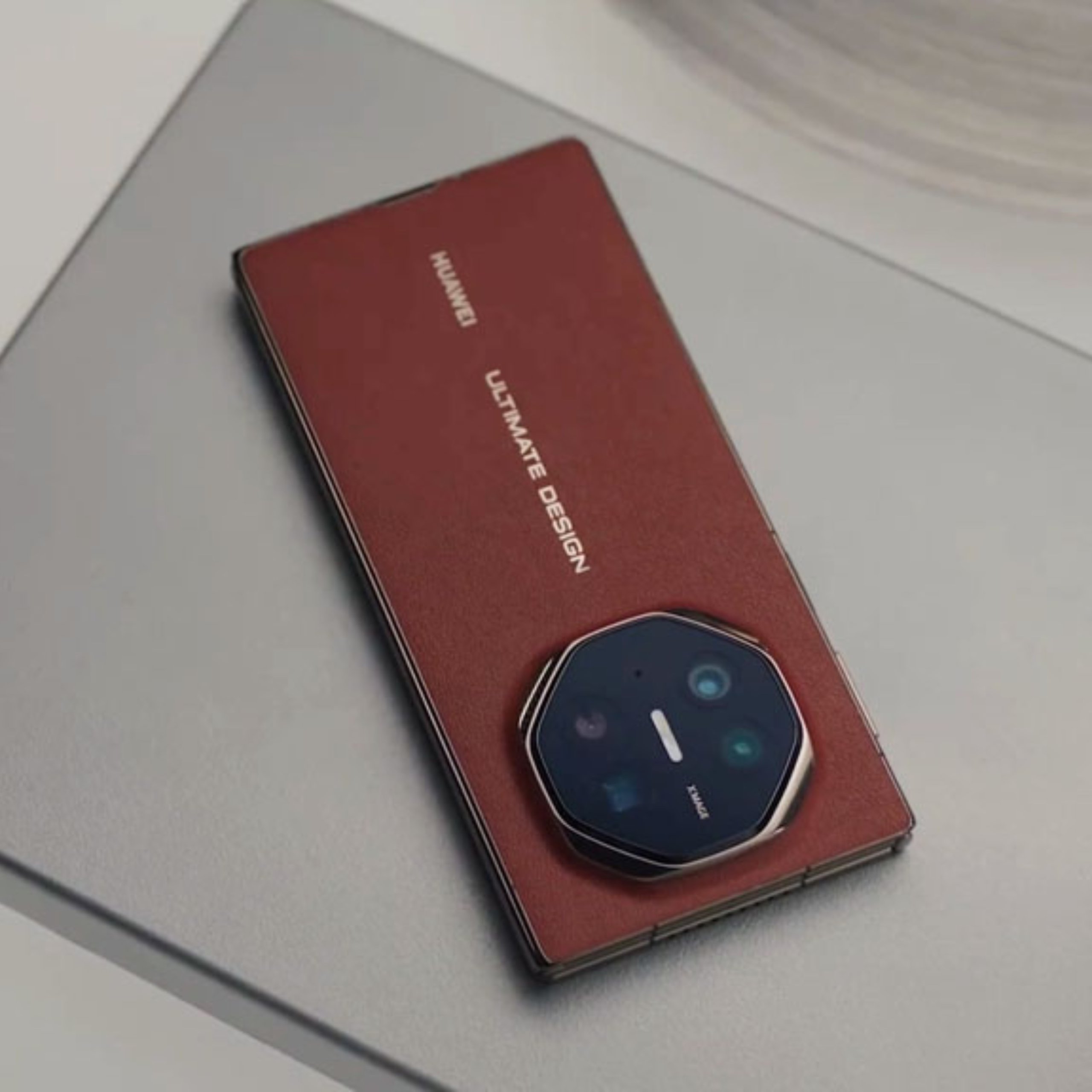The iPhone is often synonymous with innovation and design. Every noteworthy player in the smartphone game aims to innovate and push the limits of design in order to maintain their market share and secure brand loyalty in an iPhone-first marketplace. Huawei has been vying for Apple’s title of premium smartphone since April 2024, after the launch of the Huawei Pura 70 Ultra. In the last 24 hours, Huawei has emerged as the premium smartphone.
The world’s first triple foldable phone has arrived. Breaking boundaries and redefining possibilities. Delivering an immersive and dynamic experience completely unlike anything you have ever imagined. #HUAWEIMateXT #ULTIMATEDESIGN pic.twitter.com/gKnt5QTo5W
— Huawei Mobile (@HuaweiMobile) September 11, 2024
On 10th September, Huawei unveiled the world’s first tri-fold smartphone, hours after the iPhone 16 made its international debut. The Huawei Mate XT serves as “the largest and thinnest foldable handset globally,” according to Richard Yu, chairman of Huawei’s consumer business. Industry buzz surrounding the Mate XT smartphone drove up Huawei’s presale orders to 3.7 million. The base model starts at $2,800, a heftier price than the iPhone 16 base model, which retails for $799.
Yu announced that “We [Huawei] are the first in the world to achieve outward folding (in smartphones) and the first to create an inward-folding phone with no gaps.” The smartphone boasts three panels that can be folded up to three times, currently available in red and black. Amber Liu, research manager at market research firm Canalys, told CNN that “the close timing of Huawei and Apple’s product launches signals the start of a new competitive wave in the Chinese premium market.” A recent IDC report reiterated Apple’s waning presence in the Chinese market as it dropped to sixth place in the power ranking. Huawei, on the other hand, showed promise by securing second place as a result of its 18.1% market share in the second quarter of 2024—a segment that represented 50.2% year-on-year growth.
At present, Apple Intelligence in the iPhone 16 series represents Apple’s competitive advantage when pitted against Huawei, who are yet to announce any AI features on their smartphones.






